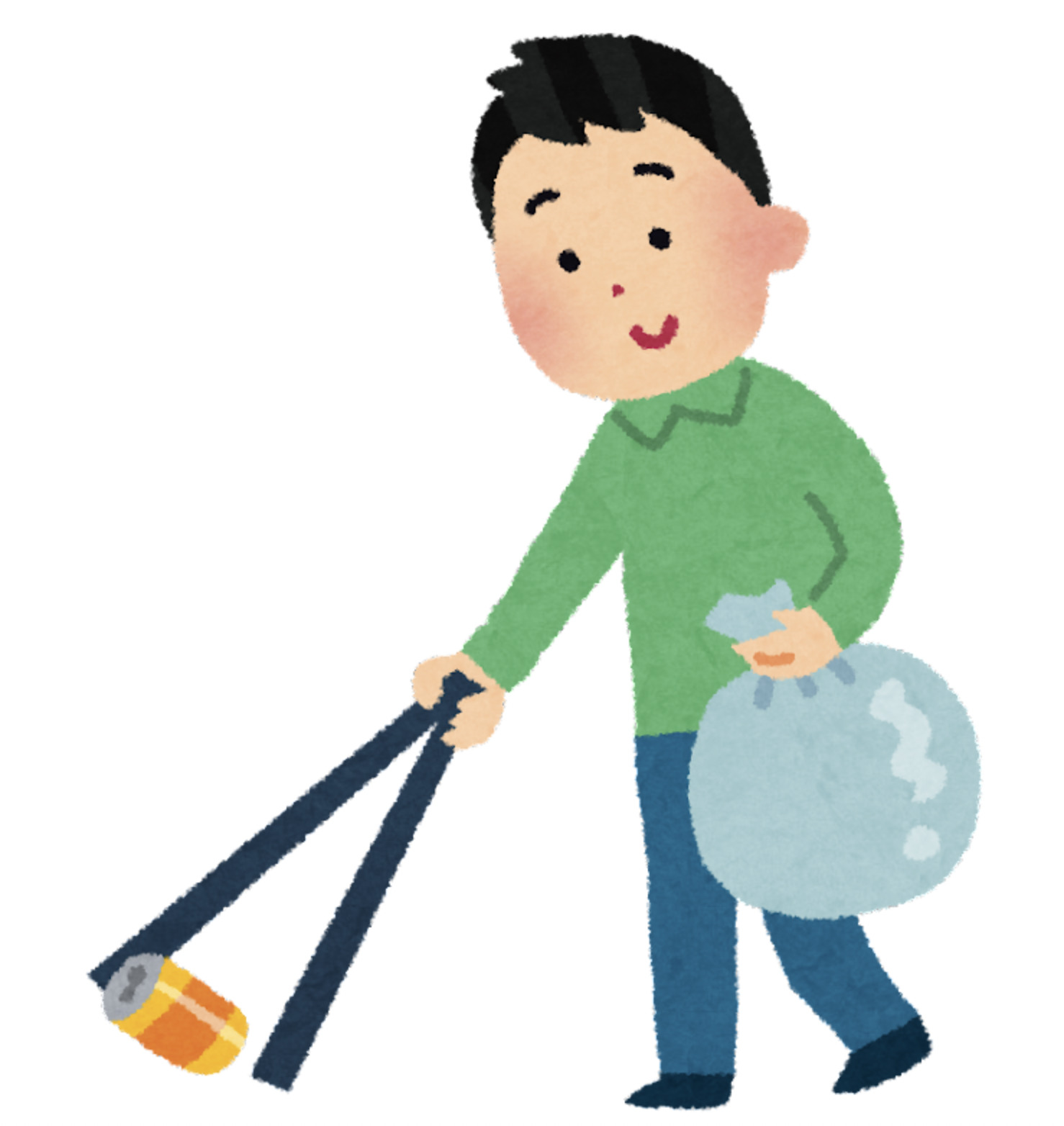It was an annual event, since the Soccer World Cup is the world’s largest sporting event, surpassing even the Olympics, and the matches’ content and various other events become topics of conversation. One such event is the post-game trash pickup by Japanese supporters, which was introduced at this year’s World Cup in Russia. The post-match trash pickup, which attracted attention when Japan first participated in the 1998 World Cup in France, has now become a standard volunteer activity and has been reported in a variety of ways, including praise and sarcasm, each time.
Picking up trash in the area where they have watched the games. It means nothing to the Japanese, but it is a little surprising when it is praised by the mass media of various countries. Well, I don’t feel bad because they are praising us. People around the world are cleaning up beaches all over the world in the International Beach Clean-Up activities, so trash pickup and cleaning do not surprise them. There will be people in charge of cleaning up at soccer venues. They are the ones who pick up trash and clean up, and they should include the cleaning fee in the spectator ticket. Therefore, we don’t have to clean up after ourselves, and if we do, we will deprive the cleaners of their work and income.
That seems to be the logic they use. So when you watch a big league game, the benches are littered with paper cups, etc., and are unexpectedly dirty to Japanese sensibilities. But the big leagues think that cleaning is the job of the cleaners and that their job is to play baseball and entertain the spectators. This kind of awareness is rare among Japanese people.
Children clean classrooms. Similar to picking up trash after sports games, in Japan, elementary and junior high school students clean their classrooms after school. While this is quite normal for us Japanese, there are various opinions from overseas, with some saying, “They clean their classrooms by themselves. Some say, “Cleaning our classrooms is a wonderful thing,” while others condemn it, saying, “This is child abuse.” It makes me think again about the fact that what is common sense to us may be insane in other countries and cultures.
Classroom cleaning is the responsibility of the janitor in the United States and Europe. The basic premise appears to be that a school is a place for children to learn, not a place for them to clean. However, in some other countries, private schools require students to clean. Cleaning is the job of the janitor, and that makes sense. However, regardless of whose job it is, Japanese people have a sense of responsibility to clean up after themselves. When staying at a hotel or Ryokan, it is normal to remove and fold the sheets in the morning and keep the room tidy. Even in family restaurants, they stack plates on top of each other or put them at the end of the table so that it is easier for the waiter to clean up.
Japanese children watch and imitate their parents and clean up their classrooms at school. If someone starts picking up trash after a soccer game, you will join him or her without any sense of discomfort. This is the beauty of the Japanese mentality. However, it is also true that not all J-League and professional baseball games in Japan involve picking up trash, and there is always trash flying in the wind at horse and bicycle racetracks. That is also accurate.




Comments